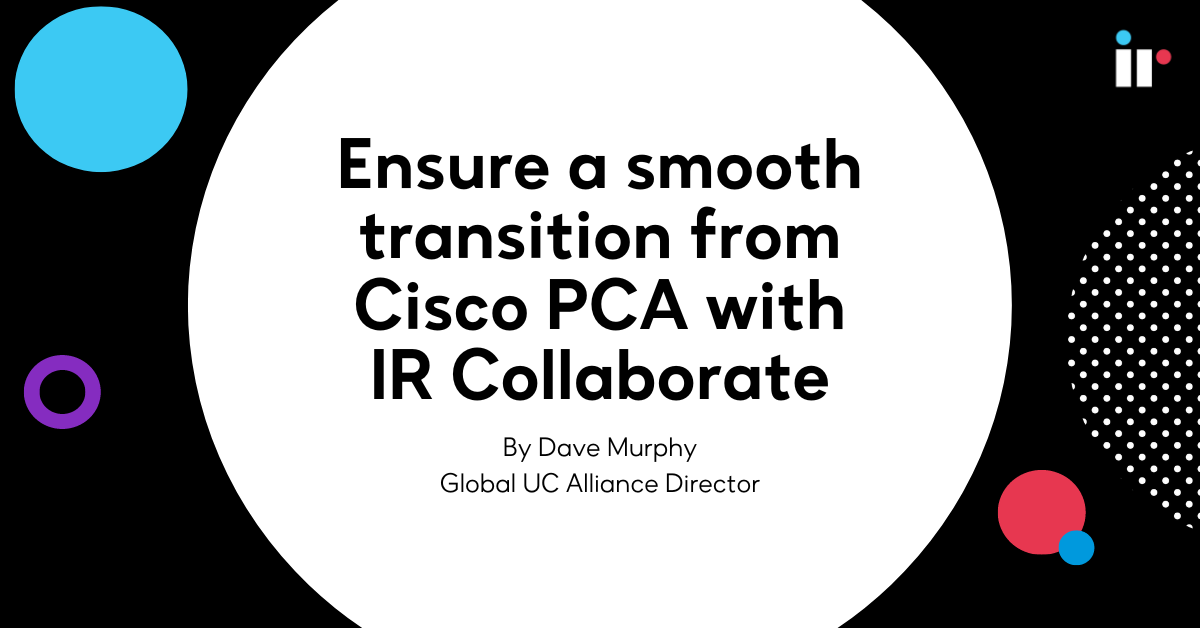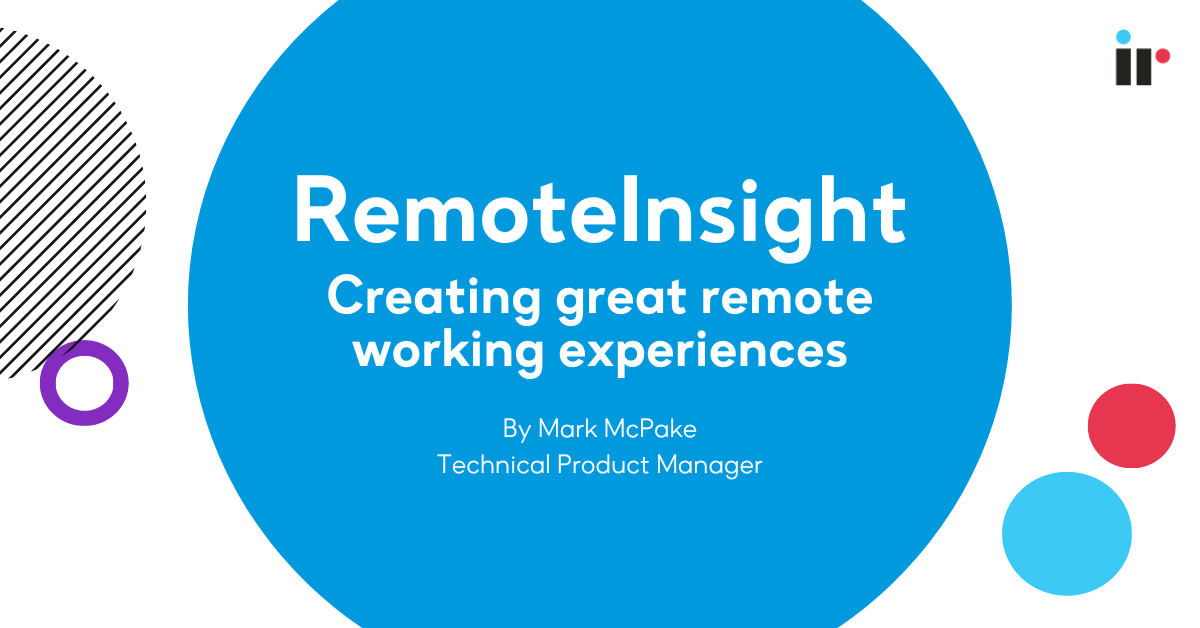When Microsoft announced Lync would become Skype for Business, there were many questions around what it would mean for their unified communications services. In the first episode from the IR-Podcast, Eric Bauer shares his thoughts on why Microsoft made the change.
Audio Transcript
Scott Baker:
Microsoft is changing Lync to Skype For Business. Is it the right move? And what does it mean for business clients.
Here to talk about it is Eric Bauer, who's the Global Product Director of Unified Communications for IR.
First off Eric, why is Microsoft making this move?
Eric Bauer:
You know, I think it's a great question. When I first heard about this back in November, the level of chatter really went through the roof. People saying it's the best move ever. People saying it's the worst move ever. So I've been a big proponent of Microsoft for quite some time, and taking ... Really what I saw this as is this is their Apple approach, right? So it's really the consumerization approach, where you have three hundred million users out there who know what Skype is. In fact Skype's become a verb, just like Google. Just like you and I talked about "Hey can you do me a favor and Skype me," right. And so this is something that Microsoft really never had that ability. So I believe they spent around eight, eight and half billion dollars on this company back in 2011. And they wanted to do something when they said "Okay, we have three hundred millions users across the globe that know what Skype is. Let's meld this into our communications." So I really think that was the driver behind what Microsoft was trying to do is say "Let's get this consumer brand so that people start talking about it. Get it in the vernacular, and bring this to the business. I think it's really brand awareness.
Scott Baker:
So is it just a re-branding or will we see technological change as well?
Eric Bauer:
You know from what I've heard and what I understand is that it's more than just the veneer, it's more than a logo change. That they're really starting to drive some of the things they were able to successfully do with Skype in the consumer space and the technology they were able to deliver with Lync. In fact they're using a term no longer Unified Communications but Universal Communications. So I thinks it's definitely more than a name, and really trying to shift and drive when they had that cloud first, mobile first strategy.
Scott Baker:
What does it mean for business customers?
Eric Bauer:
You know I think it means easier access, especially in the B to C world. Right, so you can think of all these different use cases where you have one way to communicate. So again you have that pool of three hundred million users, that now in the B to C world, you can easily and simply communicate with. Now conversely what I think it does for businesses is it helps Microsoft drive more into there. Because if you're sitting there at home, on your weekend, you know, Skyping with relatives, you know something that I do on almost every holiday. You know now you come in say "Hey, I can just use Skype in the workplace now. Let me just use that to talk to other customers. To talk within and really improve that collaboration."
Scott Baker:
Do you think in the transition there will be much challenge for, you know, on the technological side? Do you think they'll be some migration and changes and modifications and things like that? I mean, what do you anticipate when the change is made?
Eric Bauer:
You know, I do, right. As good as Microsoft is, and as much as they're pushing, they're trying to have this be an in-place upgrade. Which means if you have Lync 2013 in your environment, you simply just have to apply the new technology. But, you know what, when you take a software approach to telecom, which is really what Microsoft does, there's always challenges that crop up. There's always things that you don't expect. Communication issues and compatibility issues. I think it will be smoother than what they've done in the past, but I definitely think challenges will still arise.
Scott Baker:
You described this as Microsoft's Apple approach. Do you expect to see more of this from Microsoft in the future?
Eric Bauer:
You know, I'm not sure if they can pull it off on the scale that they did with Skype. I think they're mobile first, cloud first strategy is really their overall approach to that. I wouldn't be able to think of anything off the top of my head that has that same level ... You know they tried to do it with Minecraft in the Xbox world, trying to become relevant. But I think in the business world, you know, this is their big shot at really driving the consumer to impact the business, which Apple's been so successful at doing.
Scott Baker:
Just seems like Microsoft has some challenges. Because in many way it seems like they have a lot of redundant products. And so, like, a re-branding, like in this instance going from Lync to Skype For Business might help streamline that a little bit.
Eric Bauer:
You know, I think that's the first products that they're doing with that. I was just reading an article the other day where they were talking about all those different challenges that they are across, you know, OneDrive versus the SharePoint stores, and some real confusion when it comes to product naming and delivery. Where I think they've gotten it right is Skype For Business. They've now said we have one brand. We have Skype and Skype For Business. Which is really our universal communications platform, whether you're a consumer or whether you're a business. So I think they got it right here. They still have some work to do in other areas.
I think it's an exciting area, and I think it's something that Microsoft continues to be a leader in and will continue to drive. And I think, you know, that Microsoft may not be successful right out of the gate. Look at the evolution of Lync from OCSR2 and Lync Communication Server to where they are now. They don't get it right first, but they're going to get it right. And it's an exciting space to follow.
Scott Baker:
To find out more about IR's prognosis for Unified Communications, log on to ir.com.





